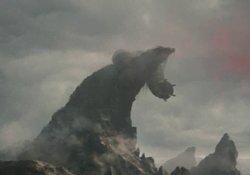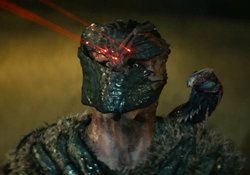Prodigy Corporation: Details Of The Weyland-Yutani Rival
Prodigy Corporation was one of the largest mega-corporations on Earth, and a direct rival to Weyland-Yutani. The company was part of the group known as the "Five", which together controlled nearly all major global resources and governments. Prodigy became distinguished by its experimental technologies, its focus on artificial consciousness, and its aggressive expansion into territories not dominated by its competitors.
Brief History Of Prodigy Corporation
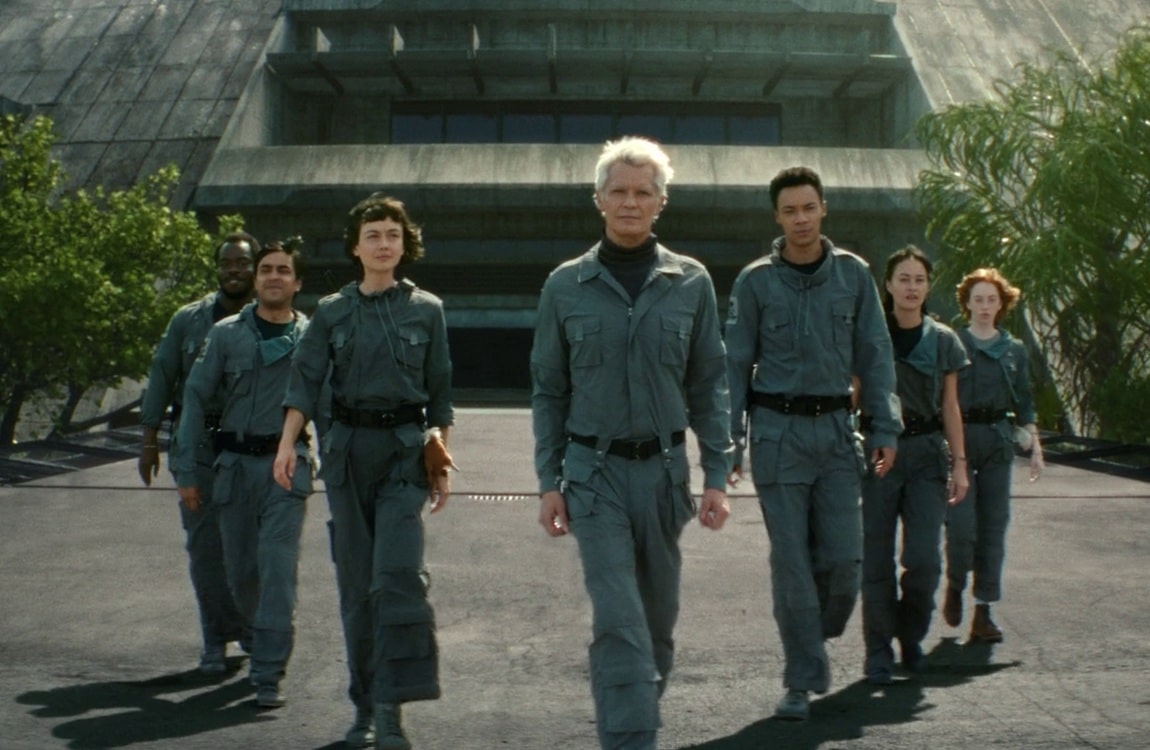
The company was introduced in the Alien: Earth TV series, and has not been mentioned previously in Alien lore. The Prodigy Corporation was founded in the early 22nd century by Boy Kavalier, who had become the youngest trillionaire in recorded history. Kavalier built the company from a start-up into one of the most influential powers on Earth within a generation. Under his direction, Prodigy consolidated control over vast territories (mostly in Asia and Africa) and invested heavily in synthetic research, which it saw as the key to surpassing Weyland-Yutani's dominance in corporate and scientific affairs.
Company Logo

The company's logo was depicted with sleek, minimalist design elements, reflecting its futuristic corporate identity. The logo depicted a teddy bear with a medallion attached to a chain around its neck. Unlike the older and more utilitarian Weyland-Yutani branding, Prodigy's imagery emphasized innovation and youth (such as in a child prodigy). The logo often appeared on its cityscapes and research installations, reinforcing its identity as a corporation controlling the hearts and minds in its sphere of influence. A teddy bear is later seen attached to the belt of Wendy, the android/human hybrid.
CEO Of Prodigy Corporation

Boy Kavalier served as the company's CEO and public figurehead. He was portrayed as both highly charismatic and ruthless in pursuing corporate supremacy. Kavalier's policies emphasized disruptive innovation and aggressive competition, and his decisions shaped nearly every aspect of Prodigy's rise in influence. His youth and vision stood in contrast to the older leadership of Weyland-Yutani, which made him a symbol of a new generation of corporate rulers. Kavalier had an eccentric personality, often blurting out what came to his mind, and attending meetings in his pajamas while barefoot.

Prodigy Sphere Of Influence
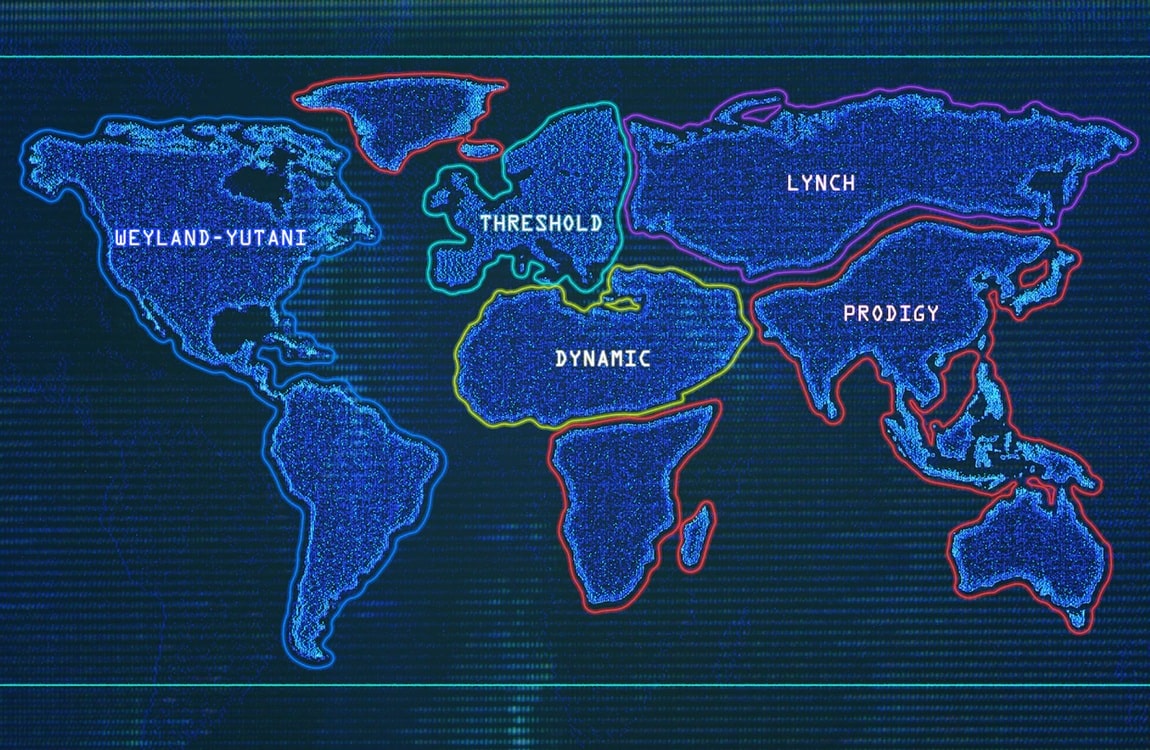
Prodigy controlled extensive territories across Asia, Oceania, South Africa, Greenland, and Iceland. This control gave the corporation access to enormous populations, resources, and industrial capacity. Its presence in Asia alone placed it in competition with several of the other "Five", while its control of Oceania and Greenland secured strategic advantages for experimentation and research projects. These regions also provided Prodigy with political leverage against rival corporations.
Prodigy Island
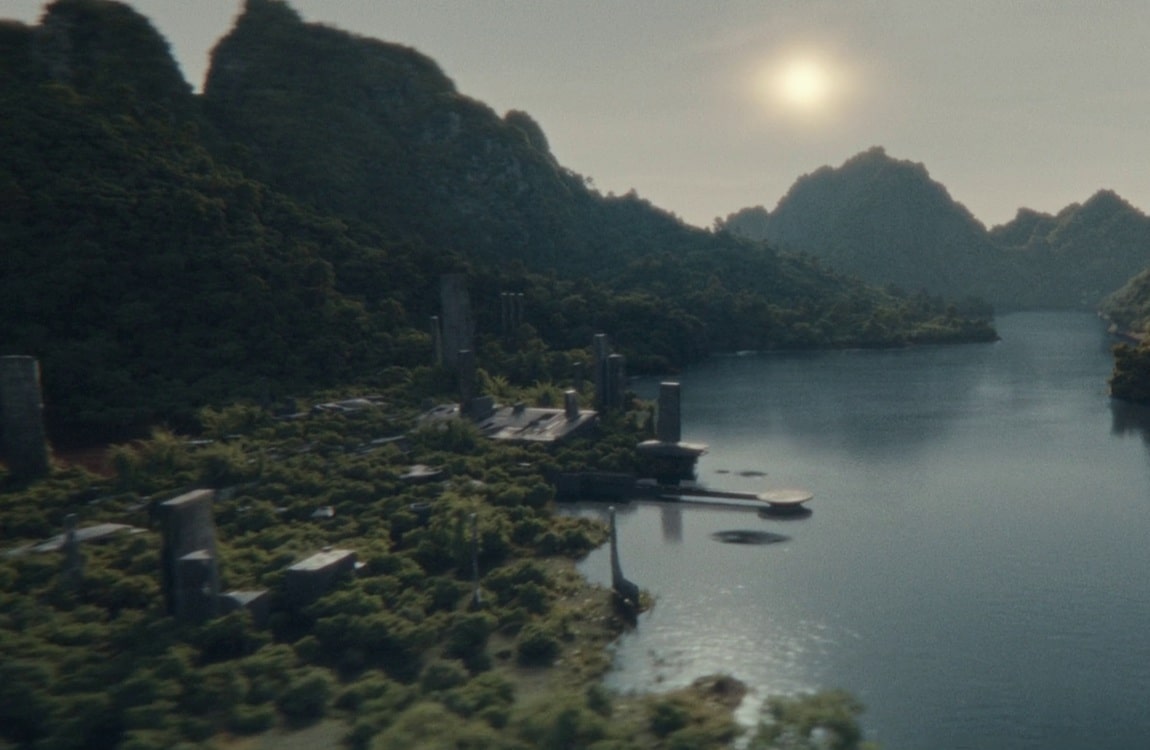
Prodigy operated a heavily fortified research site known as Neverland, located on an isolated island. Neverland served as the central hub for the corporation's Hybrid program, which sought to transfer human consciousness into synthetic bodies. The site remained secretive and restricted, accessible only to select Prodigy staff and experimental subjects. Its name reflected both the childlike subjects involved in the Hybrid research and the promise of an existence beyond natural death. The island later became central to the company's Alien research, including experiments on the Xenomorphs. Chief Scientist on the island was Kirsh, a synthetic who advised Boy Kavalier.
Prodigy City
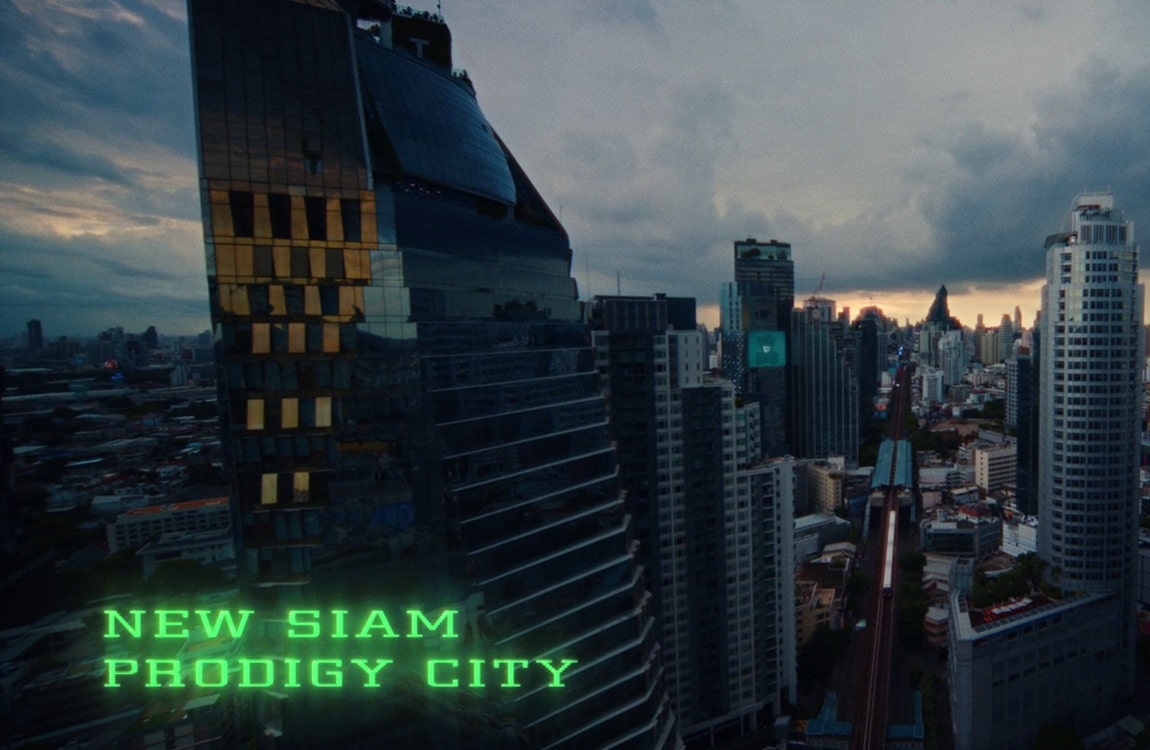
The corporation established New Siam as its principal urban stronghold. The city was built with advanced infrastructure and served as both a financial hub and a showcase for Prodigy's technological achievements. Its skyline was dominated by towering corporate structures, one of which became the site of disaster when a crashed Weyland-Yutani vessel collided with it. This incident highlighted the dangers of the competition between the two corporations, as their spheres of influence overlapped both economically and physically. The city was policed by local SAR teams, taking orders directly from the Prodigy Corporation.
Android Research

Prodigy's research into artificial life focused on the creation of Hybrids, synthetic adult bodies into which the minds of terminally ill or deceased children were transplanted. The most well-known Hybrid was Marcy, later renamed Wendy, who demonstrated both the promise and the moral dilemmas of the project. Prodigy scientists saw Hybrids as a potential pathway to immortality, bypassing the limitations of the human body. The program remained one of Prodigy's most ambitious and controversial undertakings. Prodigy put the hybrids directly into danger on the crashed USCSS Maginot, although all hybrids returned seemingly intact from the mission.
Xenomorph Research
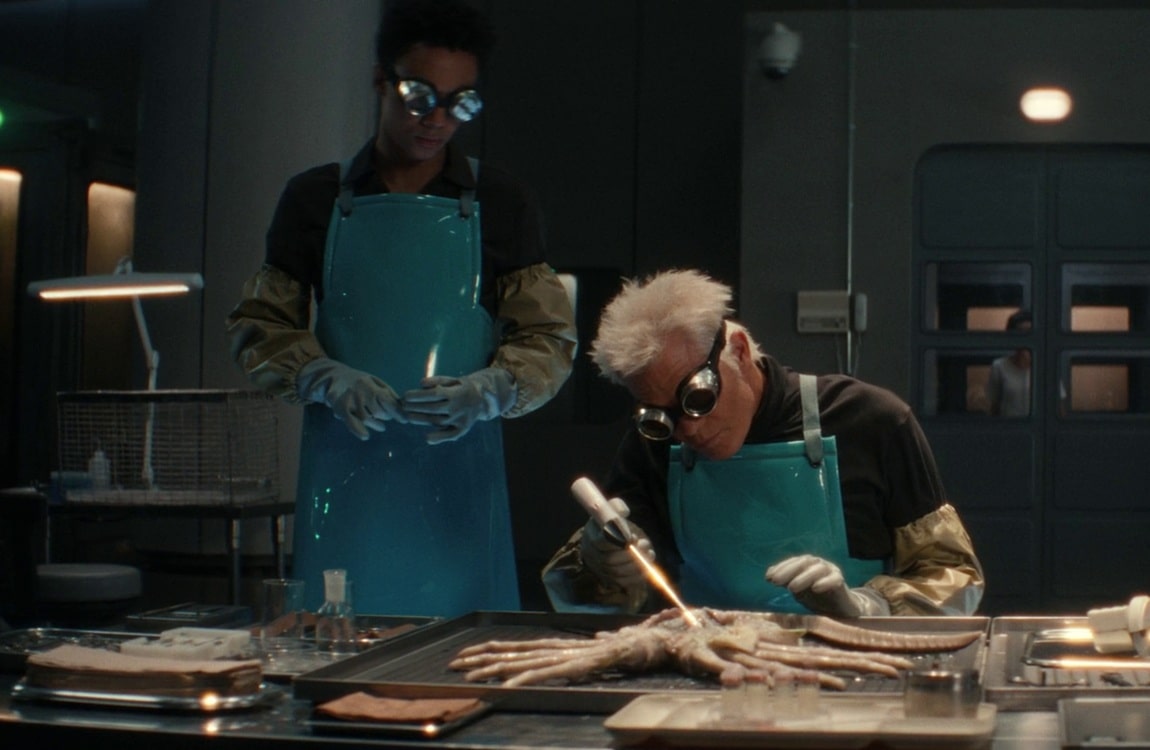
Although Prodigy did not initially pursue the Xenomorph species for weaponization, the corporation became involved after the crash of a Weyland-Yutani ship carrying specimens. The company quickly recognized the value of Xenomorph biology and began conducting studies in parallel with its Hybrid program. Prodigy's approach differed from Weyland-Yutani's, as it viewed the creatures not just as military assets but as subjects for broader biological and technological experimentation. This placed the corporation at the center of escalating conflicts over the control of alien lifeforms.
Conclusion
Prodigy Corporation represented a powerful and disruptive force in corporate history, defined by its youth, ambition, and willingness to cross boundaries that others hesitated to approach. Its control over vast territories, combined with cutting-edge research into artificial life, placed it in direct opposition to Weyland-Yutani.
Tag Categories: Alien: Earth Lore, Alien Universe Companies







